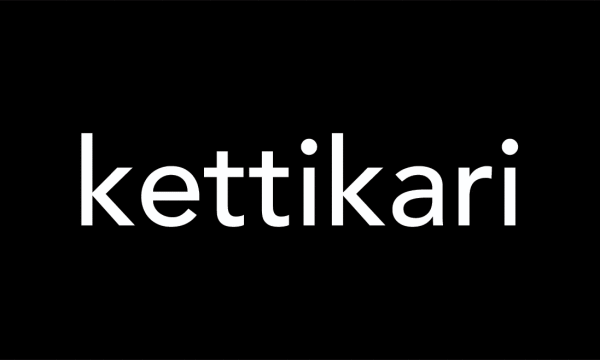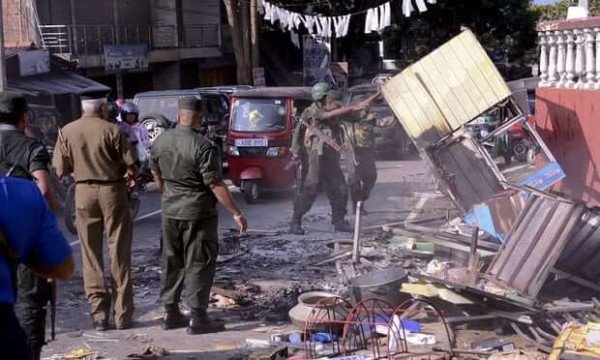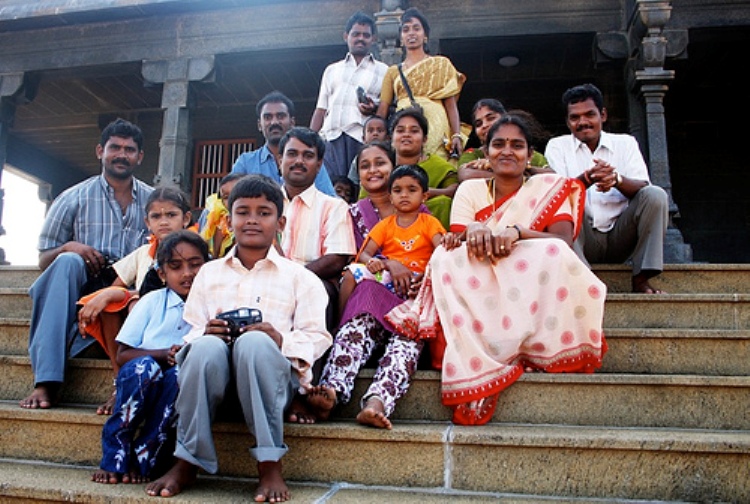
There is no simple answer to that question. ‘Tamil’ embodies a group of people and is more than a language. ‘Tamil’ is a way of life. To be Tamil means to breathe the essence and magic of a rich culture, and to be part of the infallible entity of the Tamilian. Can you say that if both your parents are Tamil, then you are one too? Not really. Yes, it’s biologically true, but then it just becomes a label and people are more complex than a mere classification.
There are Tamil people all over the world, but let me focus on Canadian Tamils because I know us best. In the past, whenever I saw a Tamil name in the newspaper, I would cringe and flip the page because it would always be part of some story about a gang. Forget about figuring out what it means to be Tamil – I didn’t even want to be known as a Tamil! If anyone asked me where I was form, I would say “South Asia”. If they wanted a specific place, I would make up a name and say it was a small village in India.
The bottom line is that I was ashamed to be Tamil. I would be embarrassed if anyone spoke Tamil in public or wore traditional clothes to the mall. Worst of all were the strangers who came up to me and said they were related to me through this whole chain of people!
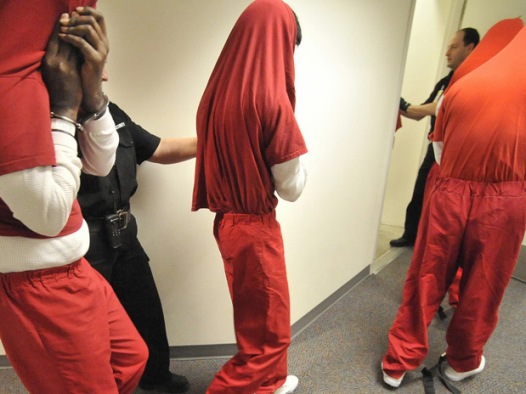
So you are probably wondering what changed? To be honest, I’m not really sure. It certainly wasn’t an overnight process. The change may have started during my trip to Sri Lanka. I had not been there since my birth which was eighteen years ago. We traveled back to my mother’s village where I was born. I wish I could tell you that I felt some connection with the land, that I finally felt my Tamil roots.
But that never happened. In fact, from the moment I got there, all I wanted to do was to come home to Canada. Aside from my perpetual whining, I took in the sites of Sri Lanka and found it to be a beautiful country that was slowly rebuilding. And even more beautiful than the landscape were the people. Everyone was happy and hardworking, and life there was simple and serene.
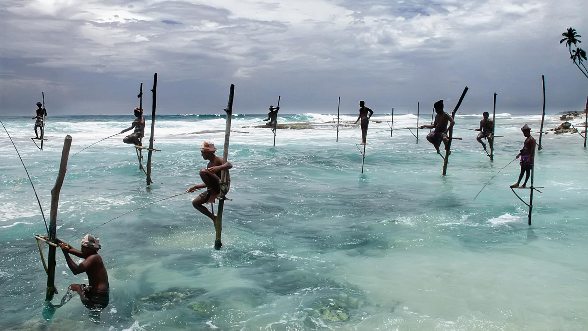
Upon coming back to Canada, I began school shortly after. During those first days of classes I started to think about identities, specifically my identity. I don’t know what brought about this reflection. Maybe it had to do with the new ideas of reality, image and perspective that I was learning in my classes. Or studying an area of my choice instead of my parent’s choice. Or simply being comfortable on my own with one of my old friends while attending university.
I wish I had a straightforward answer. It could be any of these factors or something less tangible. I don’t know. All I can say is that I often thought about that trip to my mother’s village and how it connected me to my Tamil identity. But I still hit a roadblock when I attempted to connect modern issues with Tamil identity. I wanted to find a Tamil female role model who wasn’t a successful doctor married with children, but I had no luck.
As I saw increasing news coverage on gay marriages, I thought about non-heterosexual orientation and the Tamil community. However, I couldn’t find a single Tamil who would openly discuss this issue with me. Issues like these came up as I was exploring the Tamil “nature”.
Then after asking all these questions, I asked myself one final question – “What does it mean to be Tamil?”
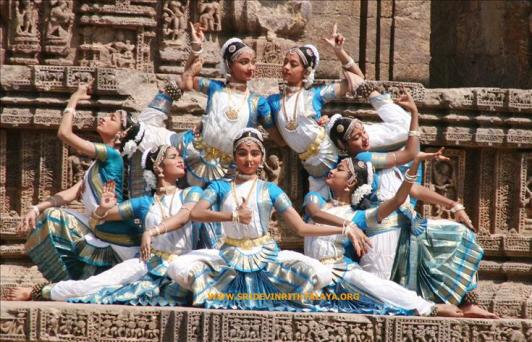
And I finally realized that all this time, I had thought of ‘Tamil’ as being an external factor, like the clothes you wear or the music you listen to. But it isn’t simply an external element. It’s a part of me, it’s who I am. In the past, when I was ashamed of being Tamil, I was actually denying an inherent part of myself. I am Tamil and that is exactly what it means.
I still haven’t figured out everything about myself and there are lots of things I doubt and am scared to try. But along that bumpy road to self-discovery, I am still Tamil and that will never change. It’s about being myself to the fullest and understanding and loving my roots. It’s about personifying myself in a positive way and using my ‘Tamilness’ as a source of courage in times of uncertainty. To be me is to be Tamil and nothing else would feel right.
- Garthiga S.
Related articles:
How Tamil are You? I am Still Tamil Top 25 Signs You are Tamil






